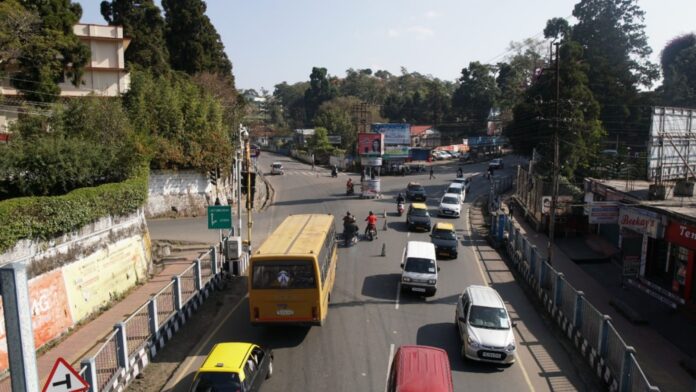By the Editor
Clean and fresh air is highly essential for health and healthy people are fit and strong capable of performing their duties effectively and satisfactorily. Inventions like motor vehicles meant to ease human movement and life but the deadly carbon fumes emitted by them pose a major threat. According to United Nations (UN) report, 70 lakh people succumb due to air pollution in the world every year. To curb air pollution, Government of India introduced restriction measure in 2020 called Bharat Stage (BS) emission standard norms which are based on European norms and are decided by Forest and Environment Ministry and Central Pollution Control Board. Emission standards were first introduced in the country in 1991 which initially covered only petrol-run vehicles. BS-1 standards were adopted in 2002 followed by BS-2 in 2005, BS-3 in 2006 and BS-4 in 2010. Because of severity of situation in subsequent years the government had to skip B-5 norms and implemented stringent BS-6 emission norms in 2020 starting with Delhi. According to BS norms, engines of new cars are expected to comply with cutting down on emission of harmful gases and emission norms are being revised from time-to-time. After April, 2020 only vehicles complying with BS-6 emission standards can be sold in India.
As menace due to fossil fuels has been growing and rising due to increasing number of various types of transport facilities relying on petrol and diesel, central government in 2015 launched FAME (Faster Adoption and Manufacturing of (Hybrid and ) Electric Vehicle) India Scheme as part of National Electric Mobility Mission. Under FAME India Scheme, people in general, including corporates and other organizations, are offered subsidy for buying electric vehicles of all categories. By the end of February 2021, nearly 4 lakh electric vehicles were sold with subsidies amounting to about Rs 3.60 hundred crore and 3,397 e-charging stations set up across the country.
State government, central government and World Bank have signed an agreement for implementation of Meghalaya Integrated Transport Project (MITP), with monetary assistance from World Bank to render transportation facilities in Meghalaya and for reduction of carbon emission. Chief Minister Conrad Sangma informed that some electric buses will be introduced at initial stages and if proved beneficial then more will be purchased. Latest modified buses will be used for need of school children to be run and managed by private sector as per government rules and regulations. To cater to the expectations of tourists, 200 costlier vehicles like Innova models which are spacious, comfortable and convenient will be introduced and private operators will share 50:50 of the purchasing price with the government. Another 200 vehicles for farmers will be made available and in similar manner ownership by private operators will be extended with 50 per cent of cost involved to be subsidised by state government. These different schemes will be operational within a month-and-a-half and rules and conditions for aspiring private entrepreneurs are being formulated.


